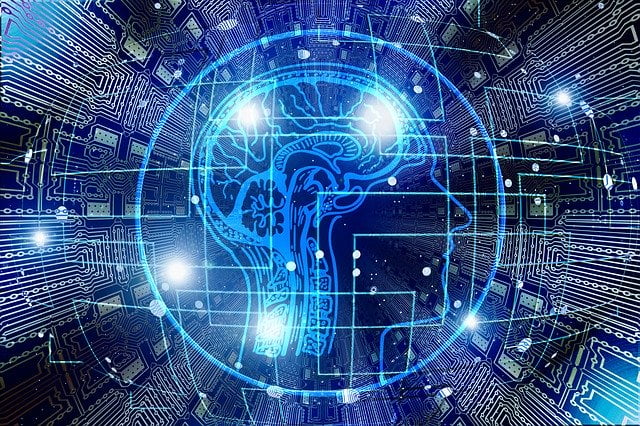How AI Is Helping Businesses Become More Sustainable

Creating a sustainable yet viable company is something more and more entrepreneurs are leaning towards in the wake of the COVID pandemic. 2020 has seen some fundamental changes to how we do business and, in turn, how our businesses operate. You are only as strong as your weakest link. Failing to adapt to new technology and Artificial Intelligence (AI) changes, arguing that the investment isn’t worth the cost could be fallacy too far.
Agriculture
AI can help identify the times to spray, plant, and harvest by interacting directly with crops. AI is used in a more intuitive capacity and, by identifying these times, can help to reduce the need to use harmful pesticides and fertilizers.
It can also reduce costs associated with agriculture and farming by monitoring erosion, reducing costa, and creating a more sustainable environment. Use aI to help you improve plant disease control, animal migration tracking, and how often you need to water your soil by integrating AI with current technologies used to distribute fluids – read an introduction to butterfly valves here and work towards creating a more sustainable and biodiverse agricultural system.
Waste Reduction and Increased Recycling
AI is being utilized to help allow for sorting and identifying different types of waste materials. Adopting AI technology in waste management allows for easier sorting of different waste products and effectively recycles. Sort plastics, paper, cardboard, metals, and more.
While this technology isn’t new – it has been used in some form since the 1970s, advancements in the technology used for sorting processes have evolved with time. Machines and Artificial Intelligence systems in place can identify a wider range of products and materials, allowing for a more specific and thorough sorting process via Artificial Neuron Networks (ANN) and Support Vector Machines (SVM)
Energy Efficiency
Companies have long used AI to allow for reductions in energy consumption. In many homes across the world, AI technology such as Google’s Nest Products allows them to automate electronic appliances and devices in the home to reduce excessive energy consumption.
Google also claims its Deep Mind technology has reduced its data center energy bill by 40%. On a larger scale, the use of AI technology in the energy industry can help manage output to demand and manage power grids even in some cases. AI can simultaneously manage solar, wind, and fossil fuels as well as reduce utility costs and even energy consumption for heating and cooling by monitoring systems and adjusting them accordingly.
Finance and Insurance
The removal of bias from the lending process is one of the many benefits of using AI to process loan applications and make decisions. Technology can be used to determine eligibility and approve loans based on credit history and an ability to repay with no influence from other factors such as race and gender.
Using AI in the loan process improves customer satisfaction. It enables a more streamlined application process, but it can also identify each applicant’s creditworthiness based on the input and predetermined criteria, not just the traditional look at a credit score. Factoring in an applicant’s history and life can be used to determine if an applicant is worthy of the loan and if they can pay it back, leading to a fairer application process for all.




